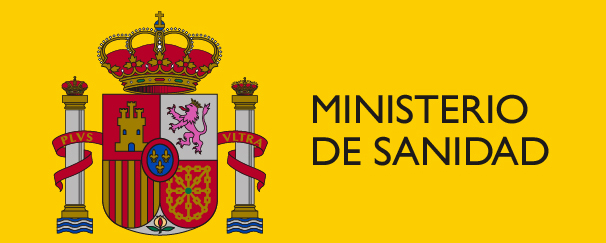Medidas de contención
Una Recomendación de No Hacer es una indicación de abandonar una práctica clínica de escaso valor. El escaso valor lo determina el hecho de que la práctica no reporte ningún beneficio conocido para los pacientes y/o les ponga en riesgo de sufrir daños y además pueda suponer un derroche de recursos, sanitarios y/o sociales.
Las Recomendaciones de NO Hacer incluidas en el Catálogo son las que cumplen todos estos criterios.
Para solicitar la inclusión en el Catálogo, es preciso cumplimentar el formulario.
Ver más información sobre la Iniciativa NO Hacer
Se recomienda no realizar contención farmacológica o contención física como primeras opciones en el paciente pediátrico que acude a urgencias con un episodio de agitación, optándose por la contención verbal como primera opción
Sociedad Científica: Sociedad española de Urgencias de Pediatría (SEUP)
https://portal.guiasalud.es/wp-content/uploads/2025/08/rnh_25_191_d2.pdf
Roppolo LP, Morris DW, Khan F, Downs R, Metzger J, Carder T, et al. Improving the management of acutely agitated patients in the emergency department through implementation of Project BETA (Best Practices in the Evaluation and Treatment of Agitation). J Am Coll Emerg Physicians Open [Internet]. 2020;1(5):898–907. Disponible en: http://dx.doi.org/10.1002/emp2.12138
Córcoles Martínez D, Ramos Perdigues S, González Fresnedo AM, Bellsolà González M, Malagón Amor Á, Martín López LM. Verbal de-escalation to reduce the use of mechanical restraint during nonvoluntary ambulance transfers. Emergencias.2023 Apr;35(2):97-102. Disponible en: http://dx.doi.org/10.55633/s3me/e076.2023
Garriga M, Pacchiarotti I, Kasper S, Zeller SL, Allen MH, Vázquez G, Baldaçara L, San L, McAllister-Williams RH, Fountoulakis KN, Courtet P, Naber D, Chan EW, Fagiolini A, Möller HJ, Grunze H, Llorca PM, Jaffe RL, Yatham LN, Hidalgo-Mazzei D, Passamar M, Messer T, Bernardo M, Vieta E. Assessment and management of agitation in psychiatry: Expert consensus. World J Biol Psychiatry. 2016;17(2):86-128. doi: 10.3109/15622975.2015.1132007.
Gottlieb M, Long B, Koyfman A. Approach to the Agitated Emergency Department Patient. J Emerg Med. 2018 Apr;54(4):447-457. doi: 10.1016/j.jemermed.2017.12.049. Epub 2018 Feb 1.
Richmond JS, Berlin JS, Fishkind AB, Holloman GH Jr, Zeller SL, Wilson MP, Rifai MA, Ng AT. Verbal De-escalation of the Agitated Patient: Consensus Statement of the American Association for Emergency Psychiatry Project BETA De-escalation Workgroup. West J Emerg Med. 2012 Feb;13(1):17-25. doi: 10.5811/westjem.2011.9.6864.
Vieta E, Garriga M, Cardete L, Bernardo M, Lombraña M, Blanch J, Catalán R, Vázquez M, Soler V, Ortuño N, Martínez-Arán A. Protocol for the management of psychiatric patients with psychomotor agitation. BMC Psychiatry. 2017 Sep 8;17(1):328. doi: 10.1186/s12888-017-1490-0.
Saidinejad M, Foster AA, Santillanes G, Li J, Wallin D, Barata IA, Joseph M, Rose E, Cheng T, Waseem M, Berg K, Hooley G, Ruttan T, Shahid S, Lam SHF, Amanullah S, Lin S, Heniff MS, Brown K, Gausche-Hill M; ACEP Pediatric Emergency Medicine Committee. Strategies for optimal management of pediatric acute agitation in emergency settings. J Am Coll Emerg Physicians Open. 2024 Aug 23;5(4):e13255. doi: 10.1002/emp2.13255.
Foster AA, Saidinejad M, Li J. Approach to acute agitation in the pediatric emergency department. Curr Opin Pediatr. 2024 Jun 1;36(3):245-250. doi: 10.1097/MOP.0000000000001337. Epub 2024 Jan 31.
Fernández-Gallego V, Casal Angulo C, Sorribes del Castillo J, Sinisterra Aquilino JA. Contención del paciente agitado. Formación Médica Continuada en Atención Primaria. 2020;27(10). DOI: https://doi.org/10.1016/j.fmc.2020.03.013.





